Why Water Conservation Is Important For Everyone
Water is our planet’s lifeline, essential not just for survival but also for maintaining the delicate balance of ecosystems. We all needit—whether it’s a plant, an animal, or humans—life without water would simply cease to exist.
Picture this: despite over 70% of our planet being covered with water, only a tiny fraction is fit for human use. With populations growing, it’s becoming clear that the precious water resource is finite. Scarcity issues pop up once demand outstrips supply, leading to conflicts and environmental stress. Agriculture, industry, and cities lean heavily on a reliable water source, and any disruption can have ripple effects.
The conservation of water directly impacts the environment. Without it, ecosystems can collapse, leading to a loss of biodiversity. Plants and animals rely on water to thrive and reproduce. When we waste water, we’re not just using more than we need; we’re taking it away from those who can’t speak for themselves in nature.

Our daily lives, right down to the air we breathe and the food we eat, are intertwined with water’s health. Forests and wetlands, which depend on water, play a critical part in climate regulation, helping to lock in carbon and stabilize global temperatures. Overuse and pollution of water resources mess with these natural processes, leading to severe consequences for our planet.
In our quest for convenience, humanity has often sidelined sustainability. But the tide is shifting with a growing awareness about the importance of water conservation. By understanding water’s critical role in the environment, we also embrace our responsibility to protect it. Each drop saved contributes to a healthier planet, ready to support future generations.
Innovative Approaches to Water Usage: Strategies for Conservation
Saving water can sound like a big job, but often, it’s just about making tiny tweaks in our daily routines. Turning off the tap while brushing your teeth might not seem like much, but it’s actually a small change with a significant impact. You’d be surprised how these bits add up.
Showering smartly can also play a significant role. Quick showers use much less water than long, luxurious baths. Ditching the full bathtub can save gallons a day. And hey, try using a bucket to catch cold water while you wait for the shower to heat up—perfect for watering plants!
Being mindful in the kitchen makes a difference, too. If possible, fill up your dishwasher before running it, and the same goes for washing machines. Thanks to technology, there are washing machines with sensors and settings you can use to use minimal water. Only using these appliances with full loads makes them more efficient, cutting down on water waste more than you’d think.
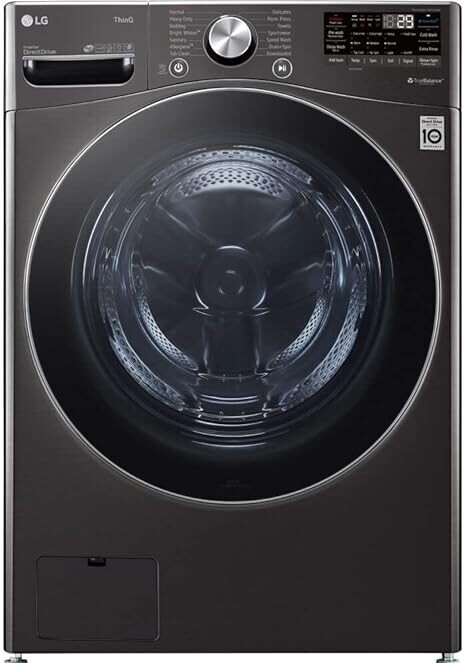
LG Smart wi-fi Enabled Front Load Washer with TurboWash
Outside, rethink how you maintain your lawn or garden. Consider the time of day you water your plants—early morning or late evening is best to minimize evaporation. Also, embrace native plants requiring less watering since they’re naturally suited to the local climate.
In terms of community efforts, it’s inspiring to see neighborhoods come together for a common cause. Rainwater harvesting is one popular method for storing collected rainwater for future use. It’s a fantastic way to conserve water on a community scale, with benefits that extend far beyond your backyard.
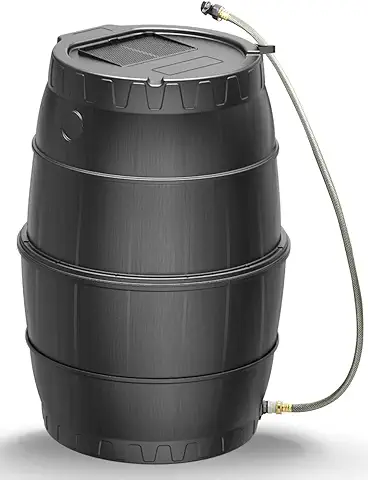
SQUEEZE master 50 Gallon Rainwater Collection Barrel
Taking these steps lightens the load on our water resources and sets a sustainable example for others. When communities adopt these practices, the collective impact can be huge. Saving water doesn’t always mean grand gestures—it’s about making everyday actions more thoughtful and intentional.
Water-Saving Devices: Technology to the Rescue
Technology has our backs when it comes to conserving water. These days, the market is full of gadgets designed to reduce water usage without sacrificing comfort or convenience.
Low-flow faucets and showerheads are some of the easiest upgrades to make. They reduce the amount of water coming out without losing water pressure, which means you’re saving water but not skimping on comfort.
Toilets are another area where big savings can be achieved. Installing dual-flush toilets offers different flushing options depending on your needs, using a lot less water over time compared to traditional models.
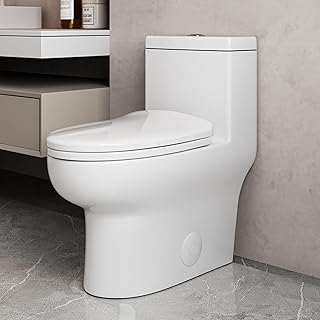
Dual Flush Elongated Toilet with Soft Close Seat
Washing machines have also seen some nifty upgrades. Front-loaders use less water than top-loaders because they tumble clothes rather than soaking them thoroughly, significantly reducing water use.
Innovating for your garden or lawn can work wonders. These gadgets adjust watering schedules based on weather forecasts and soil moisture levels, ensuring plants get what they need without overdoing it.
Choosing the right devices for your home not only helps save water but can also lower utility bills. Many of these gadgets are easy to install and are a smart investment toward sustainable living.
Case studies abound of people making the switch and seeing notable drops in water bills and usage. By embracing these technologies, you’re taking a proactive step towards long-term conservation while keeping life easy and comfortable.
Creative Ways to Save Water: Thinking Outside the Box
Looking after a garden can guzzle up quite a bit of water, so it’s all about innovating your approach. Collecting rainwater in barrels is a simple, cost-effective way to grab the free water nature provides. This is perfect for those flower beds and veggie patches. An additional benefit is that rainwater doesn’t contain the chlorination of water coming from your pipes which makes it better for your plants.
Mulching your garden helps retain moisture by slowing evaporation and providing nutrients as it breaks down. It’s a double win for your plants and the planet.
If you’re into gadgets, drip irrigation systems are an excellent investment. They deliver water straight to the roots, meaning less evaporation and more hydration where it counts.
Inside the house, try getting creative with your water use. Reuse water from your fish tank when cleaning out—it’s full of nutrients and acts like a natural fertilizer for your plants.
Joining community efforts can make a significant impact. Community gardens often have collective water conservation strategies, bringing folks together while saving water.
Consider exploring innovative art installations or events dedicated to raising awareness about water issues. They not only inspire others but also foster a sense of community involvement.
There’s always a chance to think creatively about how we use water, when we consider water a precious resource, every little bit counts.
Water and Our Environment: The Ripple Effect
Water scarcity isn’t just a human problem—it has wide-reaching effects on our entire environment. When water is in short supply, ecosystems can suffer the brunt of the damage. Streams and rivers can dry up, leading to habitat loss for aquatic creatures and all the organisms that depend on them.
This disruption directly affects biodiversity. When species lose their habitats, we see fewer animals and plants. It can also send waves through the food chain, impacting local agriculture and economies that rely on these ecosystems.
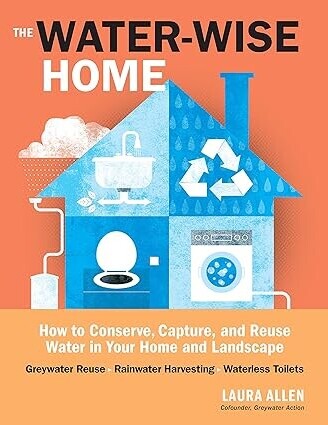
Water conservation plays a vital role in fighting climate change. Wetlands, forests, and oceans work as massive sponge-like systems, absorbing carbon and helping regulate our climate. However, overuse and misuse of water stress these environments, making them less effective in their natural roles.
We’re taking steps to preserve these critical habitats by protecting and conserving water resources. Introducing sustainable practices helps maintain them, ensuring they continue to thrive and contribute to carbon sequestration.
Moreover, water conservation helps fight desertification and land degradation, which are significant sources of climate-related migration issues and food security concerns. Balancing our water use ensures that future generations inherit an environment capable of sustaining life as we know it.

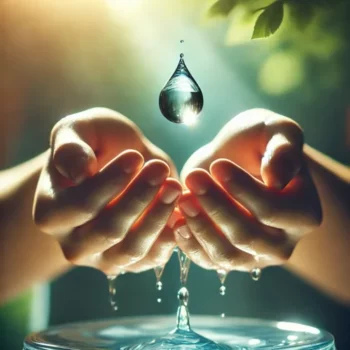

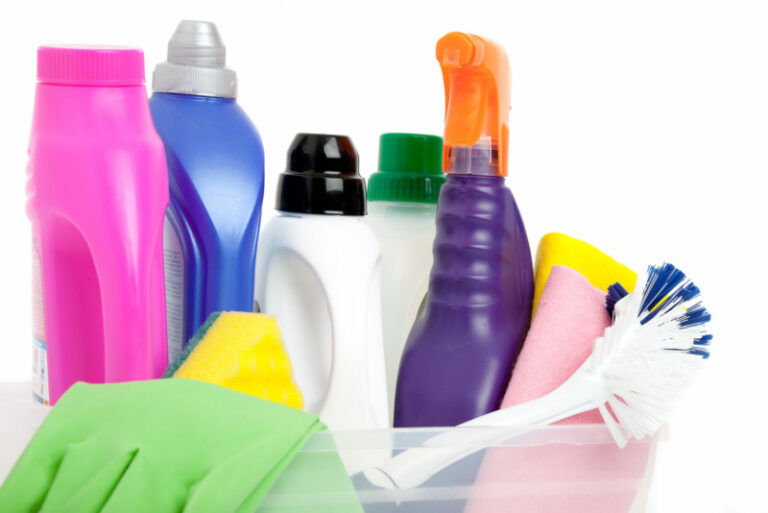


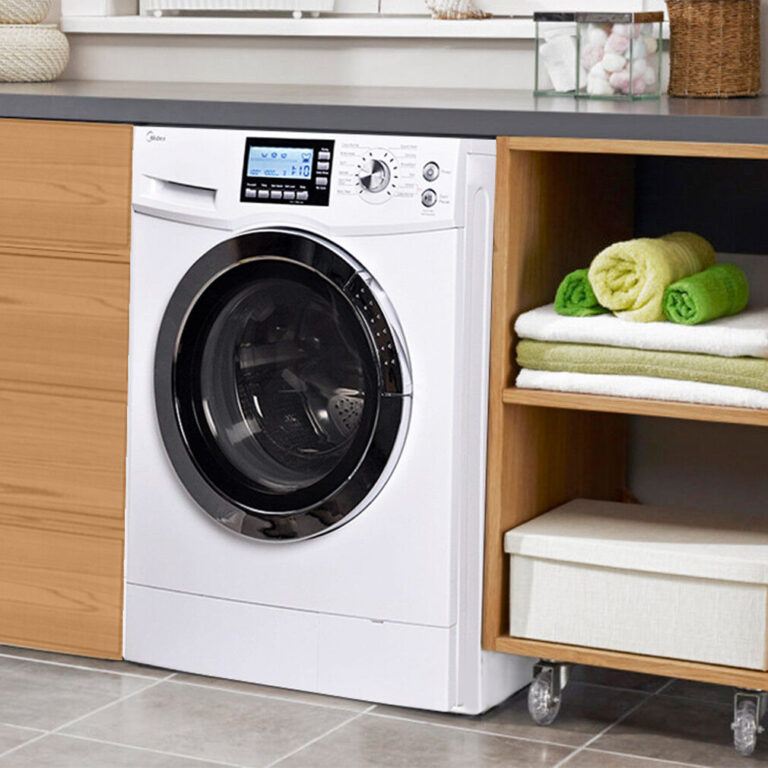
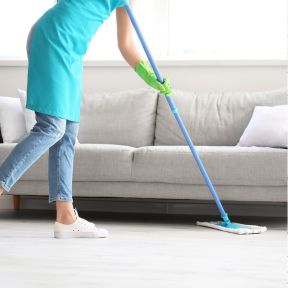
Elridge, your post does an excellent job of highlighting the critical importance of water conservation and its far-reaching impact on both human life and the environment. Your emphasis on the delicate balance of ecosystems and how water scarcity affects not only humans but also plant and animal life is a crucial reminder of our shared responsibility. The practical tips you offer, from using water-saving devices to embracing community efforts like rainwater harvesting, make conservation accessible and actionable. It’s a timely call to action for individuals and communities to take small but meaningful steps to protect this finite resource.
I am traveling through the Andes in Colombia during what was supposed to be the rainy season, and something that really struck me was seeing riverbed after riverbed completely dry. It is surreal.
This experience really made me reflect on my own water usage. Taking water for granted is easy, especially when it’s always available. But after seeing these dry riverbeds, I can’t help but think about how crucial it is to be mindful of how we use water—not just when we travel but in our everyday lives. Seeing those parched landscapes is a constant reminder that water is a precious resource, and if we’re not careful, we could face much bigger problems in the future. It’s inspired me to be more conscious and conserve water whenever possible.
Hi Eldridge,
It always seems that where I live we have an abundance of water which comes from a local reservoir. So, I’ve always thought of water conservation here as preserving to save me money on my bill. Could you explain to me how using more water here where I live affects the ecosystems in areas where there is a shortage? This is something that I have struggled to understand.
I look forward to your thoughts!
– Scott.
Most of us, particularly those with a river, lake, stream, or reservoir, think of water as an infinite resource. The fact is that water is a finite resource, and when you think of a community as a whole, squandering or using more of this resource makes less of it available for use by others in the community. Many places that have used water without thought for years now find that it has to be rationed or worse due to years of nonmanagement. It behooves us as good stewards of the earth to only use what we truly need and save what we can for others, including the generations to come.
This article does a great job highlighting just how fundamental water is to life and the ripple effect our usage habits can have. I love how it emphasizes that, despite covering most of our planet, only a small fraction of water is actually usable. That really drives home the urgency of conservation!
The practical tips on everyday water-saving strategies are especially valuable. It’s true that small changes like turning off the tap while brushing or adjusting our shower habits can make a big difference over time. Plus, the shout-out to community efforts like rainwater harvesting is inspiring. It’s amazing how collective action can amplify individual efforts.
This article serves as a powerful reminder that each of us has a part to play, no matter how small, in conserving this precious resource.